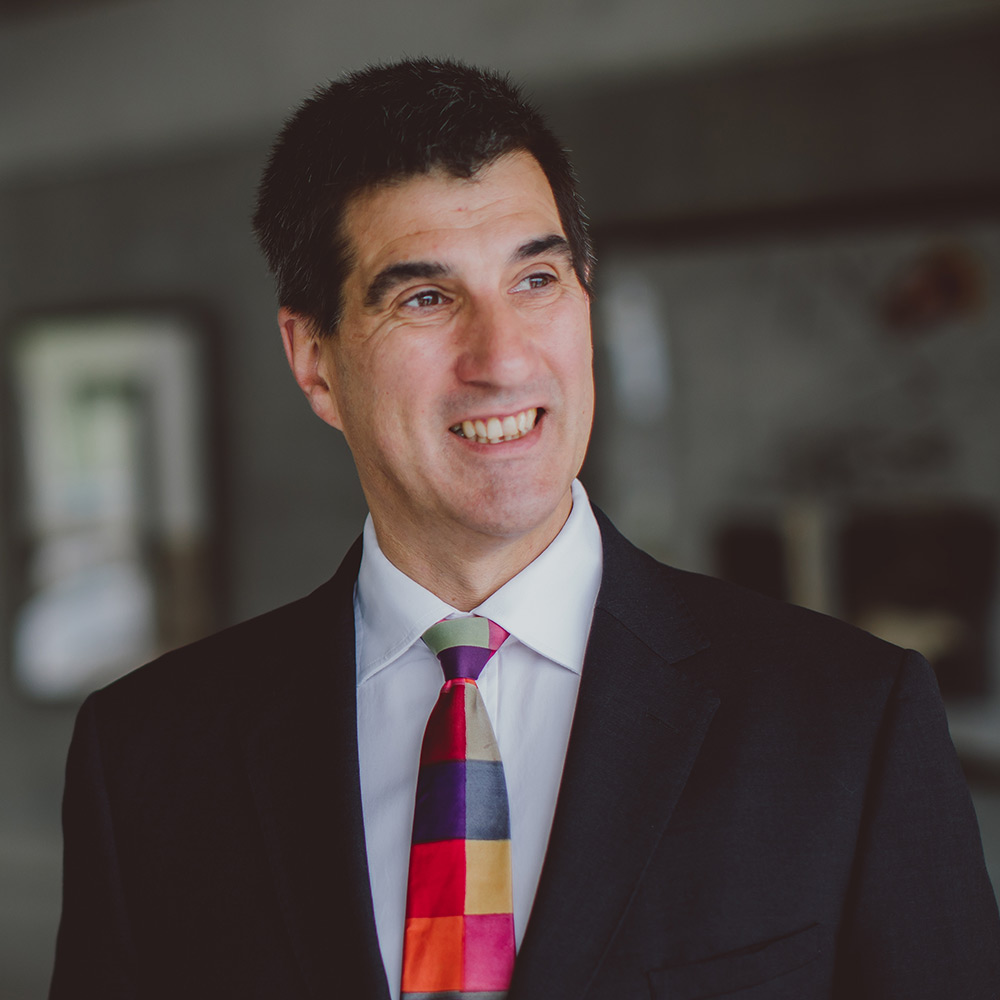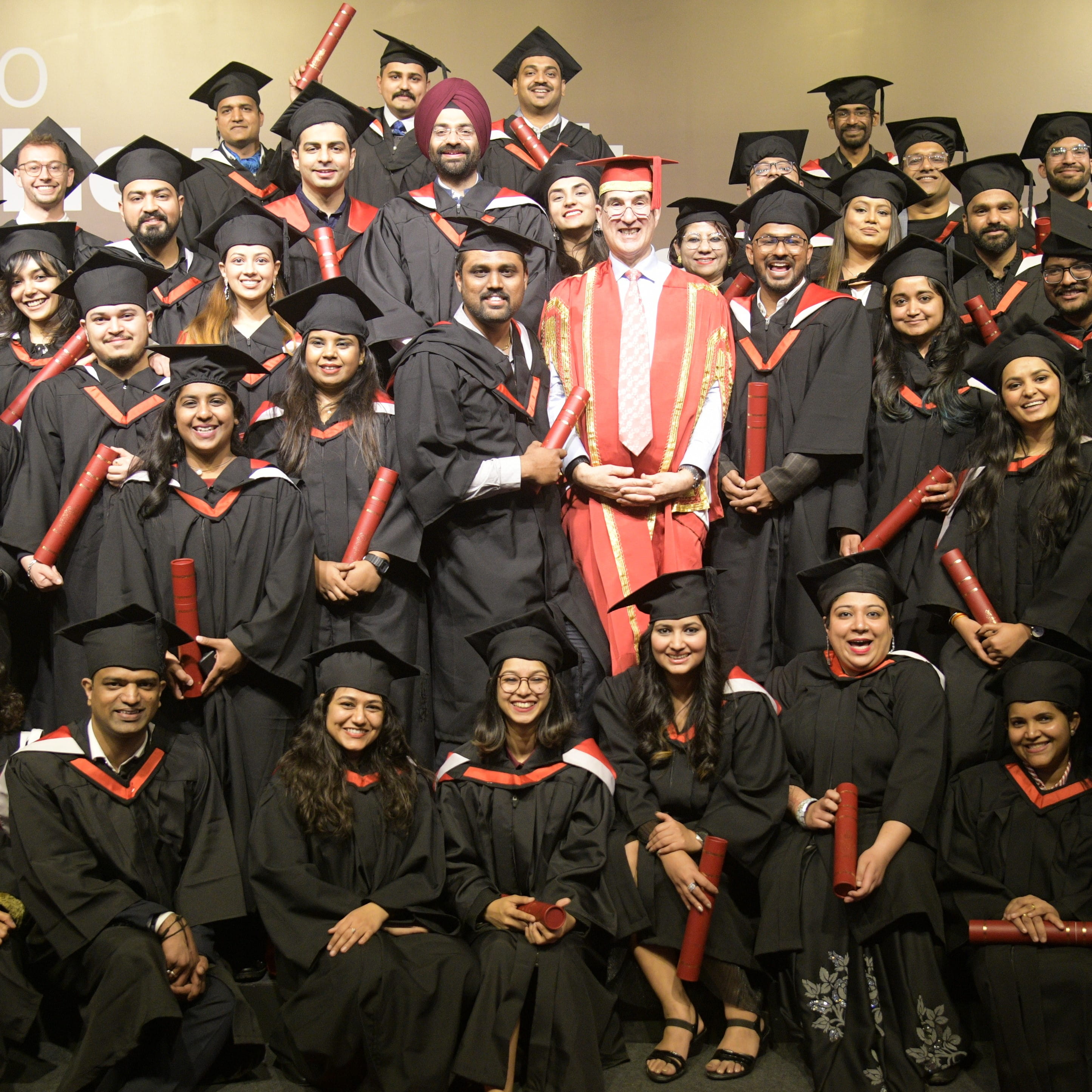Advanced Institutional Visit to Jordan and the Kingdom of Saudi Arabia
Professor Lorna Fox O’Mahony our Deputy Vice-Chancellor and Dr Annecy Lax our Dean of Partnerships (Education) have written a blog setting out the importance of opening up the opportunities of an Essex education to students from all parts of the world, including partnering with universities in countries with different laws and values.
To support our partnership goals, which are set out in our Partnership Sub-Strategy, I recently visited Jordan and the Kingdom of Saudi Arabia (KSA) between 30 September and 6 October. Our team included Dr Annecy Lax, Professor Maria Fasli, Executive Dean of Science and Health, and Vanessa Potter, Director of CER. We were wonderfully supported by our Middle East and North Africa Regional Team, Rosie Kaylani and Hassan Abdelrahim. The team visited the University of Jordan in Amman, King Saud University and Princess Nora Bint Abdul Rahman University in Riyadh, and the University of Hail, and KAUST and King Abdulaziz University in Jeddah. The visit was very successful in refreshing existing university partnerships and establishing new relationships. In deepening my own understanding about these countries and cultures, it has also helped me better understand the motivation of students who want to or have studied at Essex.
The University has some long-standing university partners in Jordan and Saudi. Essex was a very popular destination, especially from 2000 to 2010 in Economics, Languages and Linguistics, Law and Computer Science and Electronic Engineering. Our recruitment declined in the next decade, but in the last three years we have seen significant increases and we now have around 400 students from KSA and 40 from Jordan, and the Middle East it is one of our most dynamic recruitment regions.
Areas of particular interest to our university partners in the Middle East are arts and humanities subjects, health and allied health professions, computer science and electronic engineering. But to take this interest forward, we need: to adapt our existing courses and offer new degree programmes and entry points; to connect our offer to the needs of our partners; and to distinguish ourselves from our competitors. We also need to be agile in our engagement with partners – this is a key issue in turning opportunities into reality. Two really good examples of this are: first, our new four-year Integrated PhD programme, with two entry points a year, which is an innovative offer. This will significantly increase the number of PhD students in the University, something that we have been keen to address, to build research power and nurture the next generation of researchers. Where there is joint supervision, this will also help build further research collaboration. On my trip, I heard countless stories of successful Essex doctoral students returning to their home countries, determined to make a difference. Second, we are delivering a one-week ‘Tourism Trailblazers’ course, offering CPD to senior professionals in the tourism and hospitality industry in Saudi Arabia. It is testament to the reputation of the Edge Hotel School that we are the only university in the UK to be part of this KSA programme.
I also had an opportunity to host two dinners in Riyadh and Jeddah for academic staff working in universities. Not only was it a chance for me to share our successes, but also an opportunity for me to hear first-hand from our amazing alumni about their experience of studying at Essex and how this offered them opportunities not available in their home countries. I heard how their Essex education shaped their lives and how they are now using this to help transform their own communities. About 30% of our female alumni in KSA work in Higher Education and many of our PhD alumni are now holding senior leadership roles, leading internationalisation and keen to build partnerships in their universities. We are also a top performing university in the British Council sponsored ‘Study UK Alumni Awards’. Abdullah Al Fraidan (MA Language Testing and Programme Evaluation 2005, PhD Linguistics 2010) won the award in 2016 and is the winner of a Social Impact Award , Dr Faisal Al-Homoud (MA Applied Linguistics 2004) won the KSA award in 2022, and Dr Muhammad Alzaidi (MA Linguistics 2010, PhD Linguistics 2014) won the KSA award in 2023. These are shining examples of the impact Essex graduates have in the region and to the benefit of communities.
There is a great deal of follow-up work to do, but I was encouraged by the quality of international partners who would like to work with us and how our international partnerships and Essex graduates are making a difference in the world.

